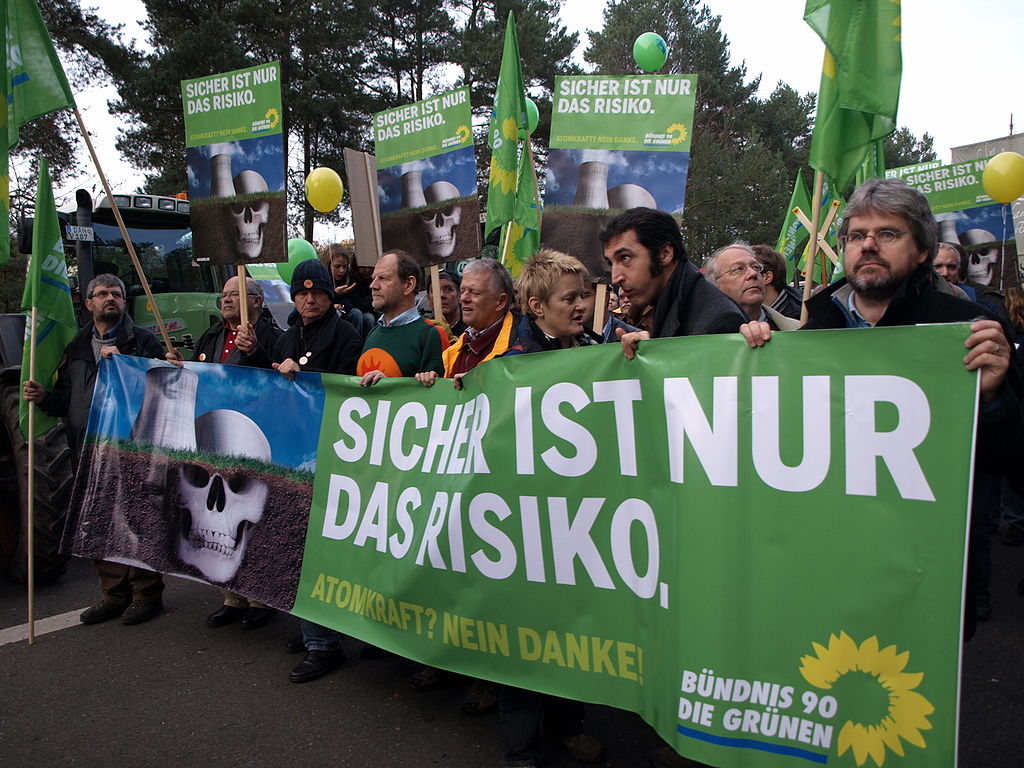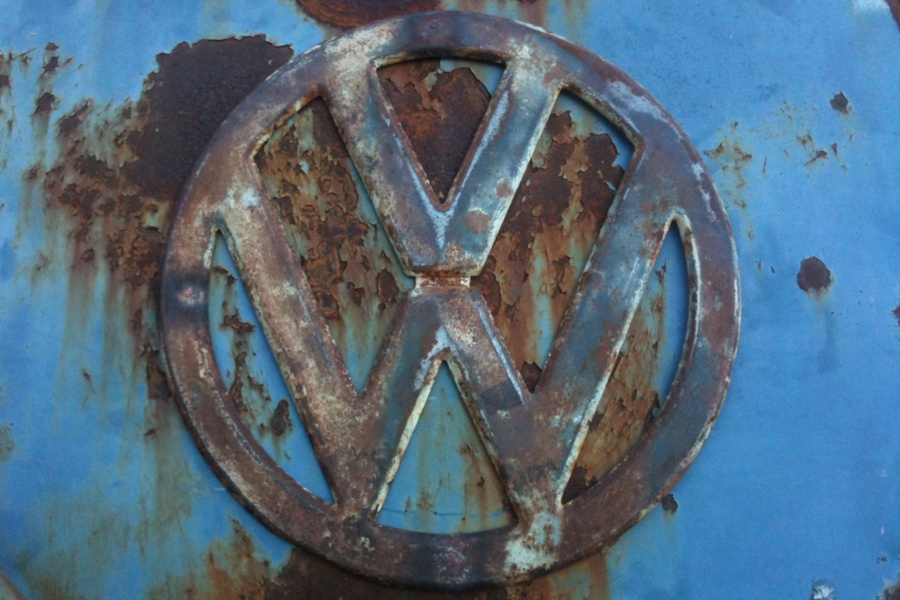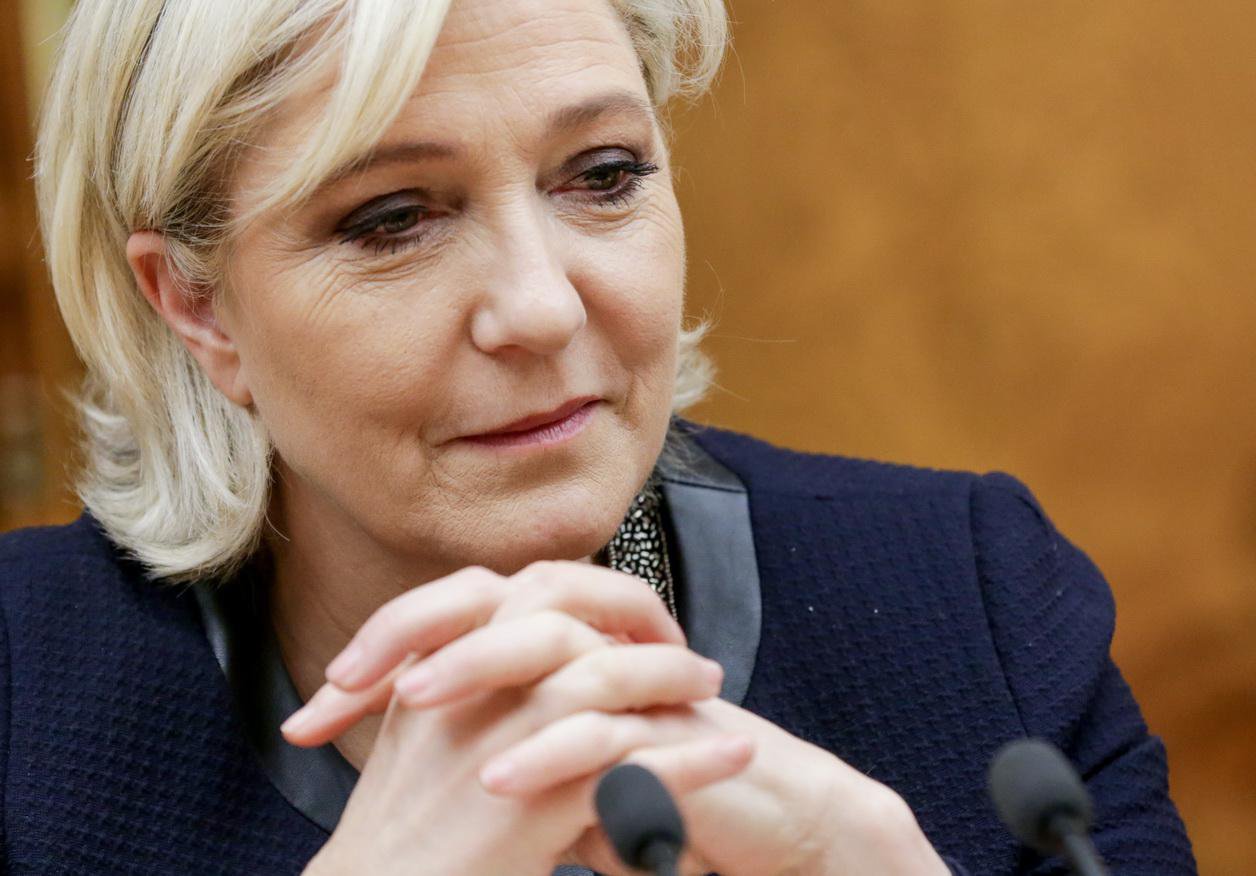After spending over a decade in power attempting to greenwash her capitalist programme, Merkel’s environmental agenda is quickly unravelling under pressure from big business.
During her time as German Chancellor, Angela Merkel has managed to cultivate the title of ‘climate chancellor’ for herself. Now, however, the Financial Times is reporting that, “as she enters the final years of her tenure, Ms Merkel’s legacy as the climate chancellor has rarely looked more tarnished”. So what went wrong?
Cynical interests
Before we look at the environmental issues facing the outgoing German leader now, we must first look at the reasons behind Merkel’s backing for green policies in recent years. What is it that has really motivated Merkel’s seemingly ecological stance?
Like any capitalist politician, Merkel’s actions are ultimately determined by the need to defend the profits and markets of her own national capitalist class. And her position on environment issues is no different in this respect.
Firstly, Germany has for many years been dependent on Russian gas for its energy supply. In 2015, around 35% of Germany’s gas came straight from Russia. President Trump has highlighted this dependency before in order to attack Merkel, claiming that Germany is at the mercy of Russia. Merkel’s push for clean energy sources is therefore partially attributable to Germany’s need for geopolitical independence.
As a result, Merkel has tried to promote green energy in Germany. At the same time, the Chancellor’s big business backers spied an opportunity here to make profits. As Marx highlighted, capitalism must “nestle everywhere, settle everywhere, establish connections everywhere”. And the future of our planet is certainly one of these places.
The German capitalists have therefore elbowed in and tried to profit from the country’s need to widen its energy base. Backed by government subsidies, a number of German firms became market leaders in green energy. But the glut of renewable energy that was created has disrupted European energy markets, leading to lower profits than hoped. German solar subsidies have become a drain on the economy, and many of the former industry leaders have since been undercut by intense competition from China.
Ironically, Merkel’s failure to re-orientate towards green energy sources has now forced her to swing back behind Russian gas, with the Chancellor backing the controversial Nord Stream 2 pipeline under pressure from German big business. In turn, the German leader has pressured the EU to support the construction of this new pipeline, to the benefit of Putin’s Russia.
Added to these factors were domestic political pressures. The German Green Party, for example, has risen in the polls in recent years, leading Merkel to co-opt environmental issues in order to retain support.
The Fukushima disaster in 2011 was also an important turning point. The nuclear plant’s catastrophe led to a mass movement in Germany against nuclear energy. This pressure from below also played a role in forcing Merkel to adopt a more active ecological agenda.
In short, what is clear is that Merkel’s environmental policies have not been spurred on by any personal green morality or individual conscience, but by a mixture of cynical geopolitical, economic, and political interests. And now these narrow, short-sighted interests are being exposed by the deepening crisis of German – and world – capitalism.
Green fail
 Last year, Germany admitted that it wouldn’t make its 2020 climate target: a 40% reduction in CO2 emissions since 1990. (Even if this had been achieved, it would be only a drop in the ocean compared to what is needed globally to avoid a climate catastrophe.)
Last year, Germany admitted that it wouldn’t make its 2020 climate target: a 40% reduction in CO2 emissions since 1990. (Even if this had been achieved, it would be only a drop in the ocean compared to what is needed globally to avoid a climate catastrophe.)
The director of climate policy at one German environmental organisation summed up the sentiments of green activists towards Merkel as “disappointed love”: the love coming from the promises the chancellor made; the disappointment from the failure to deliver.
This is a recurring theme for establishment politicians. In France, Emmanuel Macron’s environmental minister stepped down last summer claiming that the government wasn’t doing enough to combat climate change, and saying that he could “no longer lie to himself”.
Over the last few decades, global leaders have spoken time and time again about climate change and the need for the world to stand up to this epoch-defining challenge. But ordinary people are increasingly realising that such talk from the political elites is nothing but hot air. The reality of how little these endless conversations at the top have yielded is plain for all to see.
Why then has Germany failed to meet its own climate targets? With a chancellor who seemingly cared so deeply about the environment, shouldn’t curbing emissions have been a simple process?
What Merkel’s failed green promises demonstrate is that we cannot rely on capitalist politicians to solve the burning issue of climate change. Such politicians are not driven by moral arguments, nor by facts and figures, but by the cold, callous logic of capitalism. Ultimately the climate crisis is a systematic problem – one that cannot be solved within an economy where the profit motive is the driving force.
Economy choking
 The case of Germany makes this abundantly clear. German capitalism is built on the car industry, a key pillar of the economy, accounting for around 16% of GDP. Without this important sector, Germany would not be the industrial and exporting powerhouse that it is today.
The case of Germany makes this abundantly clear. German capitalism is built on the car industry, a key pillar of the economy, accounting for around 16% of GDP. Without this important sector, Germany would not be the industrial and exporting powerhouse that it is today.
No capitalist government in Germany, therefore, would dare risk the massive hit to the profits of Volkswagen and co. that would arise from any regulations being placed on the sector. In an economy dominated by the interests of big business, politicians will always flinch at the idea of doing anything that could bring down profits, which reign supreme over people and the planet.
The case of Volkswagen highlights the limits of trying to regulate capitalism – and the impotence of politicians who slavishly worship at the altar of profit.
As is now well known, Volkswagen cheated on vehicle emissions tests for years in order to get around stricter standards. This scandal showed the lengths that big business will go to in order to dodge regulations and increase profits. And understandably so: the car company’s share price now exceeds that of its pre-scandal value, such is the leniency displayed by politicians towards their parasitic patrons.
The motto of VW’s new cars became “sustainable, reliable and successful”. But if this scandal – along with Merkel’s entire legacy on climate change – shows anything, it is that ‘sustainable’ and ‘reliable’ cannot be successful under capitalism.
Fast forward to today, and the German economy has experienced a massive slowdown in recent months. Recession is now looming, and the capitalists (particularly the major car firms) are blaming the tighter regulations that have been imposed on vehicle manufacturers.
Given this, Merkel’s government has not only thwarted attempts to introduce stricter vehicle emission standards in her own country, but she has even tried to block or water down EU legislation that would affect the car industry more widely.
Expropriate the monopolies
 The Financial Times aptly sums up the dilemma all capitalist governments face today: “climate and environment versus jobs and the economy.” In other words, being more environmentally friendly will make corporations less profitable – a decision that no big business politician will ever support.
The Financial Times aptly sums up the dilemma all capitalist governments face today: “climate and environment versus jobs and the economy.” In other words, being more environmentally friendly will make corporations less profitable – a decision that no big business politician will ever support.
This becomes even more true when we consider the international aspect. Climate change is a global issue, not a national one. And yet each capitalist government is defends its own national capitalism. For Germany, this means protecting the profits of the big car companies and other major industrialists. Merkel wouldn’t be much of a representative of German capitalism if she didn’t do everything in her power to support these vital sectors of the country’s economy.
So what can be done? First and foremost, workers in all countries need to fight for governments that will nationalise the major car companies, producing green vehicles for the needs of society, not shareholders. This must go hand-in-hand with public ownership and workers’ control of the whole transport and energy sectors, so that a rational, democratic, and environment plan of production can be made for the benefit of ordinary people, not profits.
Merkel’s government – like all capitalist governments – is in the pocket of big business and their lobbyists. These politicians have put the health of ordinary people at risk: not only globally in terms of the impacts of climate change, but also locally in cities with dangerous levels of air pollution from car emissions.
We need a fundamental change in how society is run. We need an economy that works for people and the planet. We shouldn’t have to choose between our lives and our livelihoods. Expropriate the polluting monopolies! Fight climate change with socialist policies!






